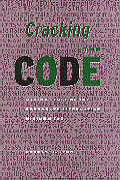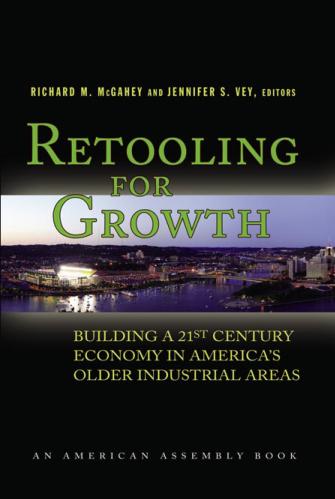As a prelude to President Barack Obama’s jobs speech on Thursday, Reuters solicited views from economists and think tanks on measures they would propose to spur job creation if they were the president’s chief economic adviser. Gary Burtless’s contribution is below, and the rest of the round table can be found at Reuters.com.
I suggest four policies.
• Public infrastructure: The federal government should boost its own spending on capital projects, and it should provide financing for state and local governments to investment in capital projects (highways, mass transit projects, maintenance or improvement of water and sewage systems and public buildings). The program guidelines should require states and localities to spend the additional dollars within the next four years. States and localities that accept the funds should receive sizeable financial penalties if they reduce their own spending below the average level of the past couple of years.
• Payroll tax cuts focused on inducing employers to add to their payrolls: Tell employers they will not have to pay FICA taxes on wages to employees who represent net additions to their payrolls. (This could cut compensation costs on net new hires by 6%-7%.) Ensure that this does not encourage employers to turn one full-time job into two part-time jobs by stipulating that the tax concession will only be available for firms which maintain the average monthly earnings of their workers. The tax concession should be payable only for payroll increases in 2012 and 2013.
• A tax preference for investment undertaken in the next couple of years is an old-fashioned but reasonably effective anti-recession policy. It is usually one that is supported by both parties.
• Federal grants to states and individuals to support enrollments in colleges and universities: Budget pressures are forcing states and localities to scale back their support for post-secondary schooling. A recession is a particularly bad time to reduce this kind of spending. Youngsters and adults who cannot find jobs should be encouraged to improve their skills by investing in post-secondary education and training. The federal government can give institutional support to public colleges and universities and direct financial aid to students.
The Brookings Institution is committed to quality, independence, and impact.
We are supported by a diverse array of funders. In line with our values and policies, each Brookings publication represents the sole views of its author(s).








Commentary
Op-edWhat to Include in a Sensible Package to Boost Employment
September 7, 2011